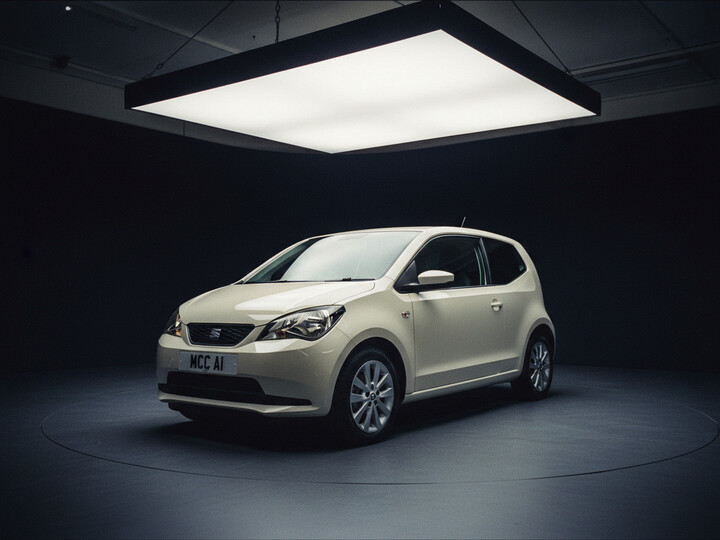SEAT MII (2012-20) 3DR HATCHBACK 1.0 12V 75 EU6 BY MANGO

Buyer's Guide & Data from our Checks
The SEAT MII (2012-20) 3DR HATCHBACK 1.0 12V 75 EU6 BY MANGO is a compact city car designed for urban driving and daily commuting. It fits into the small hatchback segment, making it an ideal choice for new drivers, small families, or those seeking an efficient, easy-to-manoeuvre vehicle. Popular in the UK for its affordability and practicality, the MII offers an attractive option for drivers looking for a reliable and economical car for everyday use.
Data from mycarcheck.com indicates a strong usage history with 72 lookups and 24 different VINs, illustrating steady interest in this model. The average private sale value is around £5,300 with an average recorded mileage of approximately 33,000 miles, suggesting that owners tend to keep these cars for a few years before selling. The typical driver profile often includes first-time buyers, commuters, and city dwellers who are after low running costs and easy parking.
What makes the SEAT MII stand out among rivals is its nimble handling, fuel efficiency, and sporty design, especially in the Mango trim, which gives it a trendy appeal. Known for its affordability and low insurance costs, the MII is a popular choice in its class. Overall, it’s a well-rounded city car that offers practical benefits without sacrificing style and driving fun.
Key Findings
The following statistics are drawn from our checks of 24 different vehicles, run between February 21st 2021 and December 31st 2025. These real-world insights provide context for this vehicle's place in the market, as well as its typical usage.
72
Lookups
Lookups
3
Hidden Histories
Hidden Histories
34k
Average Mileage
Average Mileage
£5,300
Average Valuation
Average Valuation












